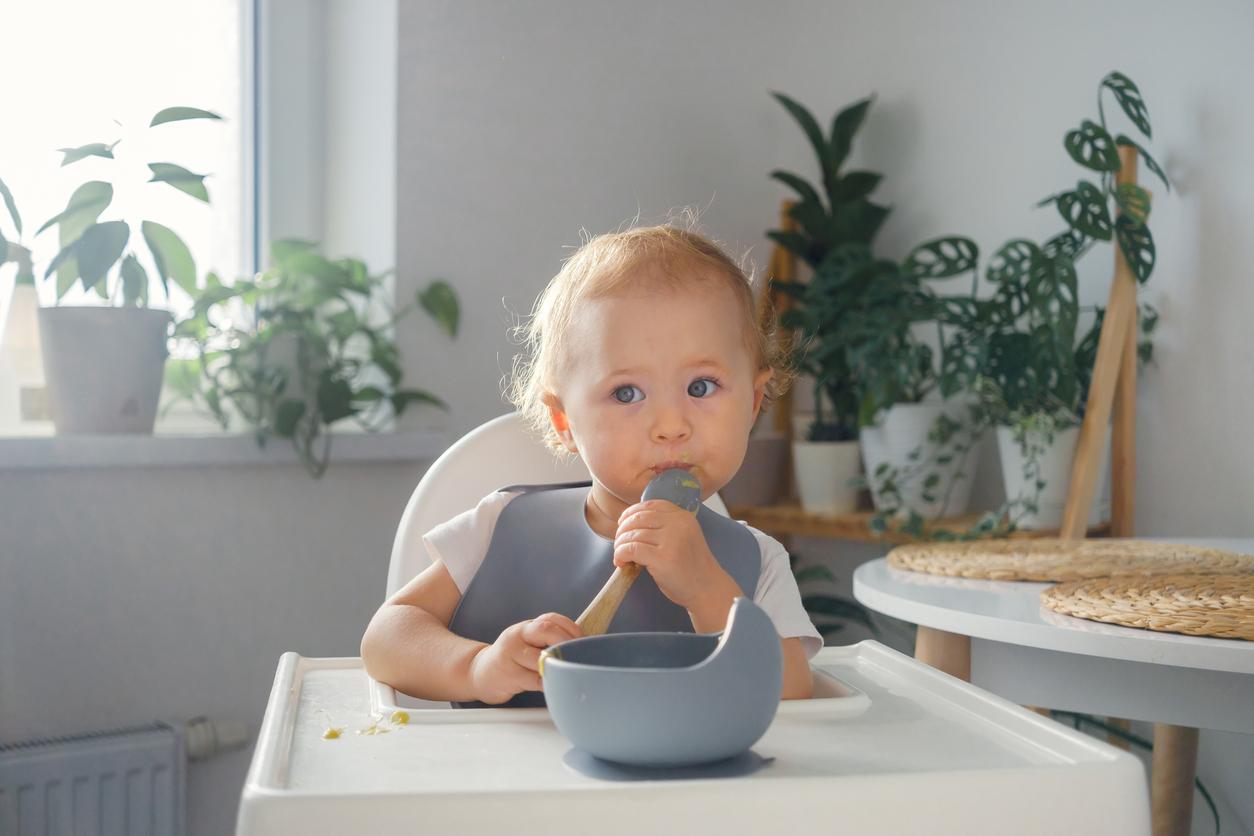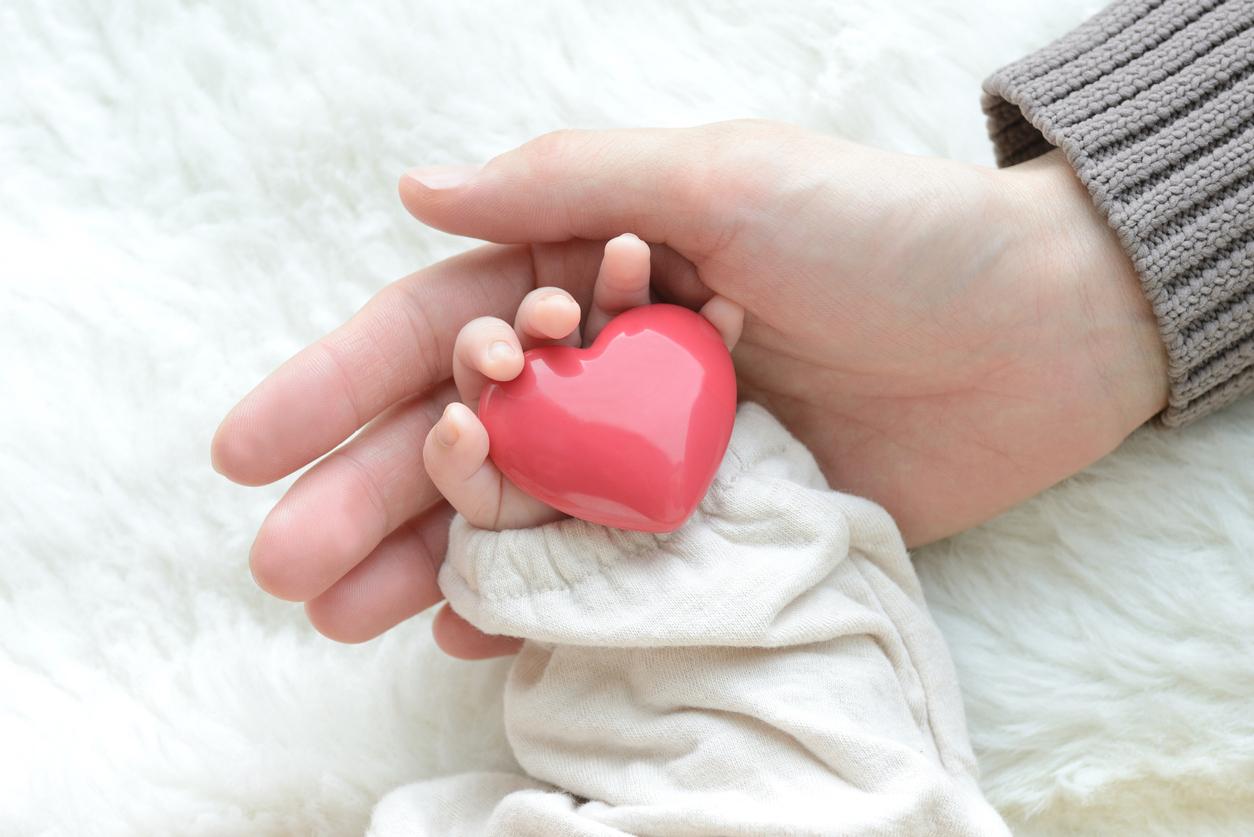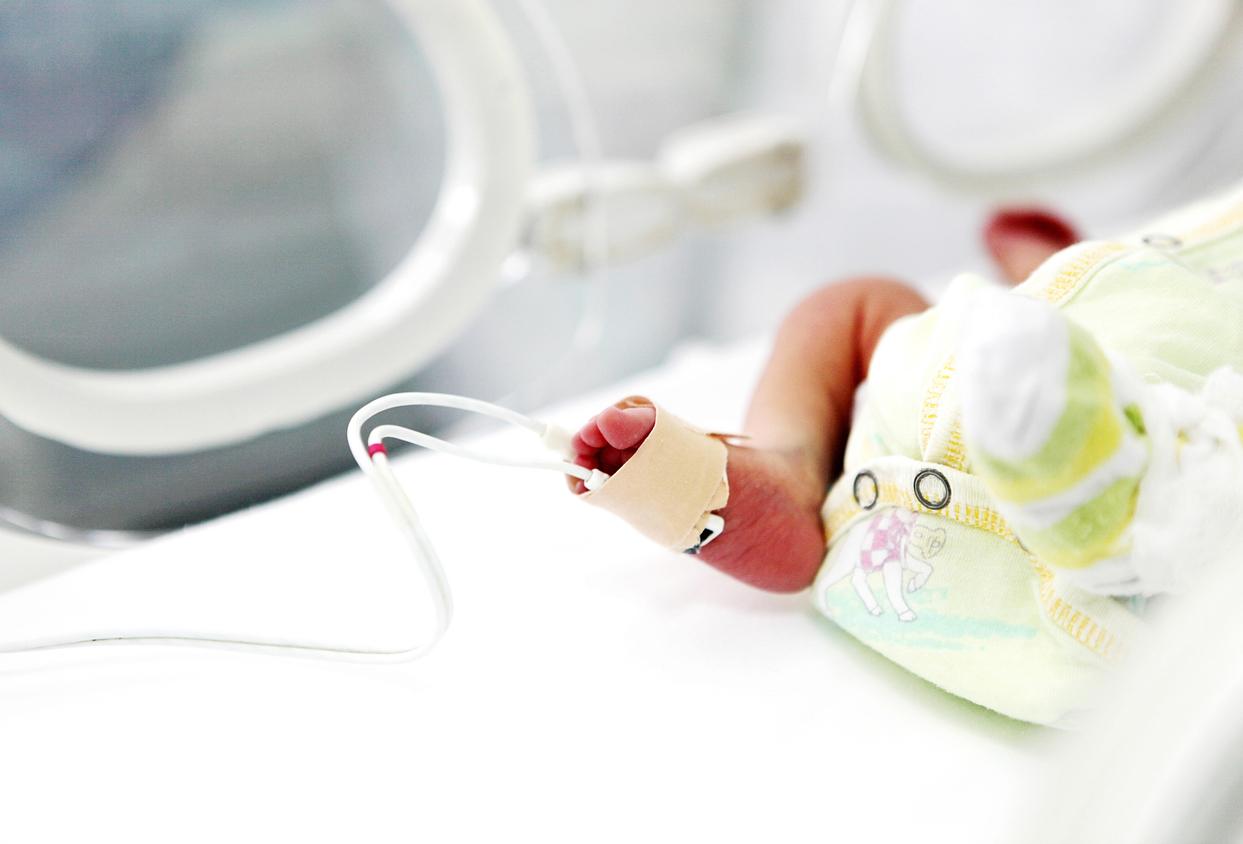A study conducted in Canada reveals that cannabidiol consumption (CBD) during pregnancy could alter the development of the baby, in the same way as THC.

- A Canadian study suggests that consumption of CBD during pregnancy could alter fetal growth and disrupt the development of the placenta, compromising the supply of nutrients and oxygen to the baby.
- Behavioral changes, such as increased aggressiveness and learning disabilities, have also been observed in exposed mice.
- Faced with these uncertainties, researchers call for caution and recommend pregnant women to consult a professional before using CBD.
Considered as sure than the THC, the main psychoactive component of cannabis, cannabidiol (CBD) today benefits from a rather positive image. Widely used for its therapeutic virtues, it is increasingly consumed orally (in the form of oil, herbal tea, candy …) by pregnant women to alleviate symptoms such as nausea, anxiety or even sleep disorders. But is it without risk? A new study by McMaster University in Canada – a country that recently legalized cannabis – alert on the potentially harmful effects of CBD during pregnancy.
Impacts on fetal development
Published in the journal ebiomicinethis research highlights an alteration of fetal growth and placenta changes in mice exposed to cannabis oil during gestation. By analyzing both the effect of THC and the CBD, the researchers found that the fetus were smaller compared to those not exposed. In addition, disturbances in the development of blood vessels irrigating the placenta have been observed, thus compromising the supply of nutrients and oxygen to the baby.
Beyond the physical effects, the study revealed changes in the behavior of mothers born of mothers exposed to oral cannabis. An increase in aggressiveness, increased activity as well as alterations in learning capacities have been observed. These results suggest long -term consequences of THC, but also CBD on neurological development.
Call for caution in pregnant women
The effects of cannabis on pregnancy are still largely sub-studied, in particular concerning the CBD consumed orally. “Future mothers often consider CBD as a safe alternative, but our results suggest that it could be harmful”explains Tyrah Ritchie, principal researcher of the study, in a press release. Professor Ali Ashkar highlights the importance of continuing research to understand these impacts in humans. Faced with these uncertainties, researchers call for caution and recommend pregnant women to consult a professional before using CBD.

















